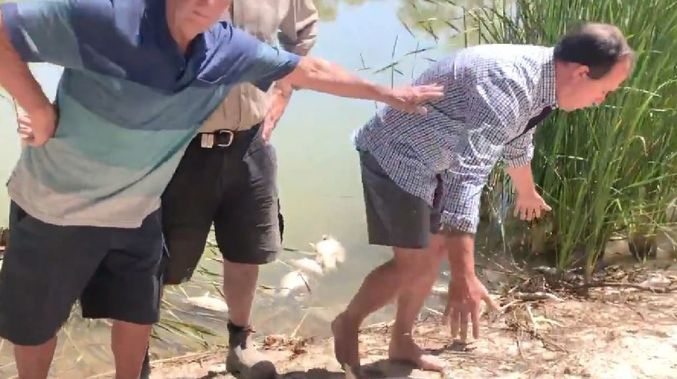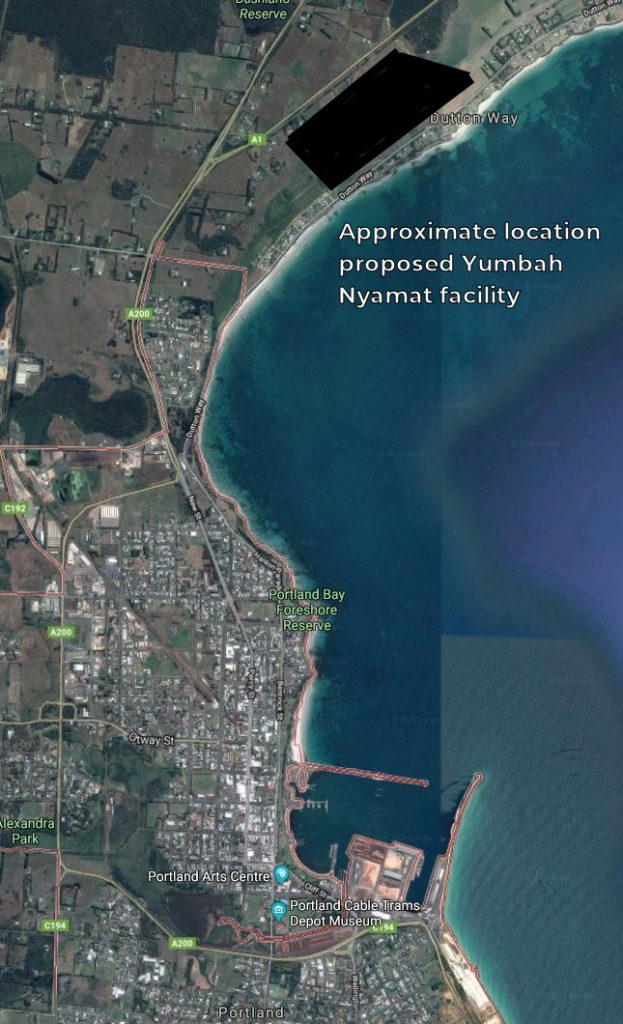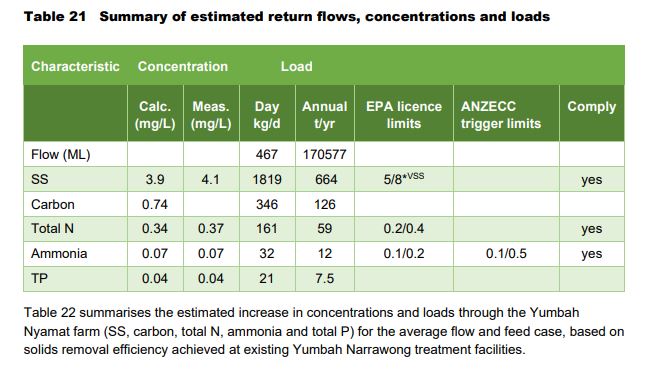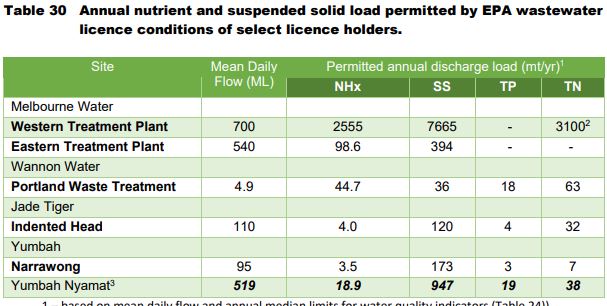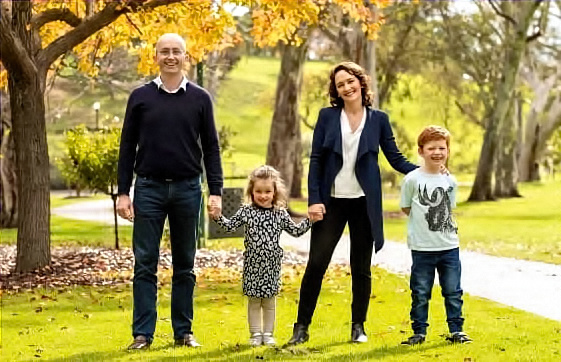This is part two of a two part response to media articles (not in Australia, where the media are banned from reporting or commenting on this issue), Facebook and Twitter posts responding positively to the conviction of Cardinal George Pell on charges of child sex abuse. Part one discussed general issues about the history and credibility of the Catholic Church. This second part addresses the child sex abuse scandal, and the trials of Archbishop Wilson and Cardinal Pell.
Strangely, for one usually so sceptical and questioning, the alleged high rate of child abuse in the Catholic church was something I simply absorbed from the ether, or perhaps from the ABC, which, since I disagree with it about almost everything, is my primary news source. Looking back, I am still not sure why, while enthusiastically poking holes in most other ABC reporting, I was content to accept their claims about the church being the locus of most child abuse. I wasn’t a Catholic at the time. Perhaps it was simply comforting to be able to think of something so nasty as being nothing to do with anyone I knew, or any organisations I was involved in. Except it wasn’t true.
It is hard to know where to start with this, so I will make just a few key points, which you can follow up or check if you wish. During the Royal Commission into institutional child abuse, the ABC breathlessly reported that 60% of child abuse in a religious institution took place within the Catholic Church. Shocking! How disgusting! What a hive of degenerates! Except that by not telling the whole story, the ABC was saying something completely untrue. What was left out was that during the time under investigation, 80% of children who attended a religious school or were resident in a religious institution, were students in or resident in a Catholic institution. The twenty percent of students/residents in institutions run by other religious groups accounted for 40% of the total abuse reported. In other words, a student in a non-Catholic religious school was more than twice as likely to have been molested than a student in a Catholic school.
In fact, Catholic clergy have lower rates of abuse than clergy of other religions or denominations (some groups, for example the Jehovah’s Witnesses, have far higher reported rates of abuse than any mainstream denomination). In turn, clergy of other denominations have lower rates of abuse than occur in secular community and sports groups and public schools (the boy scouts in the US has just filed for bankruptcy because it cannot keep up with payouts for abuse claims). And abuse in any church, school or community group is far outstripped by abuse in the home. Bettina Arndt noted “It’s total hypocrisy. We jump up and down in the Royal Commission about abuse of people in institutions. We don’t give a stuff about the major risk for children which is, you know, children in single parent families being abused by boyfriends passing in and out of those families … There are a whole lot of areas [of sexual child abuse] we don’t discuss because they are not politically correct. Obviously, we’re trying to get the Catholic Church and attack churches.” Ninety percent of all child sexual abuse occurs within the child’s own home.
The Royal Commission noted that there had been 2504 incidents of alleged child sexual abuse in the Uniting Church between its inauguration in 1977 and 2017. This compares with 4445 claims of abuse in the Catholic Church between 1950 and 2015. Some parts of the media pounced on this figure as again proving the disproportionate amount of abuse that occurred within the Catholic Church. But two other factors need to be considered. The Commission did not consider any abuse claims made against the Methodist, Presbyterian and Congregational churches during the 27 year period from 1950 to 1977. Most abuse claims in the Catholic Church occurred in the 1970s. This may also have been the case in other denominations. But whether so or not, this is 27 years in which abuse in the Catholic Church was considered and counted, but not in other denominations. In addition, media reports generally failed to note that the Catholic Church has five times as many members as the Uniting Church. On the Commission’s figures, a child attending the Uniting Church was more than twice as likely to have been molested than a child attending the Catholic Church.
Another important fact that become clear in the cases reported to the Royal Commission is that almost all reported abuse in the Catholic Church occurred in the sixties, seventies and early eighties. Was it disgusting? Absolutely. Was it wrong? Absolutely. Should perpetrators be brought to justice? Absolutely. Is it still happening? No. Or hardly.
So what changed, that the rate of child sexual abuse in the Catholic Church, already lower than other denominations and community groups, was reduced dramatically even further? Part of the answer is that strong leaders like Phillip Wilson and George Pell were appointed to positions where they able to make a difference. It is no co-incidence that those two, who were most vigorous in setting up systems to support victims and to ensure that perpetrators were stopped, are also the men who have been targeted by the media and the courts.
At the time Archbishop Wilson was charged, I spoke to a senior priest, now a bishop. The charges seemed incomprehensible to me. On the evidence available it was not clear how any responsible prosecutorial team could reasonably expect a conviction. He agreed. “They don’t care,” he said. “They just want to get a senior Catholic.” Hard to believe, but if so, then the trials of Wilson and Pell are not so much trials of those two men, but a trial of Australia’s system of justice.
I wrote an article shortly after Archbishop Wilson’s conviction (that he had known of and failed to report abuse by priest James Fletcher) which was published in Quadrant Online. In it I argued that the malleability of memory is so well understood that a conviction could not possibly safely be based on two alleged conversations never noted or reported to anyone else until formal complaints were made over forty years later. I suggested that the presiding magistrate’s finding that the case against Archbishop Wilson was proven could only be understood in the light of the kind of media bias noted above, and predicted the verdict would be overturned on appeal.
It was. District Court Judge Roy Ellis offered similar reasons to set aside the conviction as I had suggested in my article. Some of the evidence considered at the original trial as contributing to a finding of guilt beyond reasonable doubt was even more ludicrous than I had first believed. One of the two conversations which contributed to the “proof” of later Archbishop Wilson’s alleged guilty knowledge of the sexual abuse perpetrated by James Fletcher took place in the confessional. The complainant acknowledged he could not see the priest was to whom he was speaking clearly, but thought he saw red lips, and said the priest had a deep voice, and on this basis came to the conclusion it was Fr Wilson, then a 25 year old parish priest. But Archbishop Wilson does not have red lips or a particularly deep voice. The original finding that Archbishop Wilson had known and deliberately covered up knowledge of the activities of James Fletcher, based on this and one other alleged conversation more than forty years earlier, was clearly and grievously wrong. Justice is not done, nor are victims helped, when innocent people are vilified and persecuted.
One of George Pell’s first actions on becoming Archbishop of Melbourne was to set up clear processes for dealing with complaints of sexual abuse. This was not in response to media alarm about child abuse. The Boston scandal, for example, was five years in the future. Nor was it an attempt to protect the reputation of the Church. Pell was one of the first in any organisation in the world to put protocols in place which protected victims, supported them through whatever processes they wanted to follow, including police action where appropriate, required any accused person to stand down during independent investigation, and which instituted a one strike you’re out policy.
It is hard to think of anyone in Australia who has done more to prevent child sexual abuse, to bring those responsible to justice, and to support victims and simplify processes for them.
However, it did not take long for The Guardian and the ABC to identify Archbishop, later Cardinal Pell, as an enemy, a prime target. He is on friendly terms with John Howard and Tony Abbott. He has publicly dismissed climate alarmism as a scam which, if policies based on it and urged by the UN and various celebrities were instituted, would cause serious harm to the world’s poorest people. He publicly described abortion as the worst possible child abuse. He declined to be sorry when some Catholic teachings, on the nature of marriage, for example, or the sinfulness of homosexual activity, were claimed to be offensive. He believes that Western culture is worth preserving, and that immigrants to Australia should enter the country legally, and apart from a carefully measured number of refugees, should be people who are willing and able to make a contribution. And perhaps worst of all, he noted that it is impossible to take proper action to correct a problem until the problem is correctly identified and therefore any proposed remedies to sex abuse in ecclesiastical settings needed to take account of the fact that while girls and young women are overwhelmingly the most common victims of sexual abuse, almost all of the child sex abuse that had taken place in the Church involved homosexual men and adolescent boys. Others who have pointed out this connection have been met with similar fury, most recently, German Cardinal Walter Brandmueller .
If you did not know Cardinal Pell, and you wanted to invent a perfect nemesis for Australia’s left-wing media, you could not do better than to come up with a an intelligent, energetic, tough-minded, rugby-playing, politically and religiously conservative straight white male.
The ABC’s almost psychotic obsession with finding something dreadful to report about Cardinal Pell was noted at least as long ago as 2015, when veteran Australian journalist Gerard Henderson suggested the mainstream media had the wrong target, and was focussing on Pell simply because he is a social conservative.
Then there are comments from left-wing media consumers. “He must have done something, they’re all at it.” (No, they’re not). “Even if he is not a pedophile himself, he protected them, moved them around.” (There is no evidence whatever this is the case.) “He had to know something.” (ABC journalist Paul Bongiorno, who shared a house with notorious pedophile Risdale says he didn’t, and never said anything. As soon as Pell was in a position to do something to stop child sex abuse happening and to support victims, he did). “Someone needs to be held accountable.” (Yes, the perpetrators and anyone who assisted or covered up for them. As I noted above, there is no correction to injustice in committing the further injustice of vilifying and convicting people who are innocent.)
But what of the specific charges against Cardinal Pell? They were that, while Archbishop of Melbourne, he found two choir boys drinking altar wine after Mass at the Cathedral, and demanded they give him oral sex. Shocking? Yes. Terrible? Yes. And ludicrous, as Andrew Bolt noted at the time this claim was first made public .
Firstly, despite the gruesome headlines, there was one complainant, not two. The second boy alleged to have been a victim denied he had ever been abused. The accuser only claimed the second boy had been involved fifteen years after the alleged event, and after that boy, then a young man, died of a drug overdose in 2014. So a single, uncorroborated complaint.
The accuser was not able to specify an exact time when the claimed abuse took place. Instead, he claimed it occurred on a Sunday some time between August and December 1996. St Patrick’s Cathedral was being renovated during much of this time, and Archbishop Pell celebrated Mass at St Patrick’s Cathedral only twice during the accuser’s four month window. On both of those occasions, Pell remained at the door of the Cathedral after Mass, greeting and talking with parishioners and visitors before leaving for other engagements. On both of those occasions he was accompanied by another priest who gave evidence that he was with Pell, rarely at more than arm’s length distance, for the entire time he was at the Cathedral.
Other witnesses pointed out that on both of the occasions on which Archbishop Pell celebrated Mass between August and December 1996, choir practice was held immediately after Mass, and that the absence of two choirboys would have been noted immediately. Other witnesses gave evidence that the accuser’s description of finding and drinking altar wine in a back room was unlikely in the extreme, given that altar wine was kept in a vault and only brought out in required quantities before Mass.
The presiding judge instructed both defence and prosecution teams that they were not to question, or to bring into evidence anything that might call into question, the credibility of the accuser. This is a frankly astonishing instruction – the case against Pell rests entirely on the credibility of his single accuser. More than one of the choir members at the time has said that even if it had only been the accuser’s word against Cardinal Pell’s, given the personality and history of the accuser, there could be no confidence any such events ever took place.
But it was not merely the accuser’s word against Cardinal Pell’s. Journalists and members of the public present at the trial said it was “a slam dunk for the defence.” The defence evidence, some of which is summarised above, showed not only cause for reasonable doubt, not even that Cardinal Pell did not commit the alleged offences, but that it was not possible for him to have done so.
The verdict is not an indictment of Pell and the Catholic Church. It is an indictment of the media, whose vindictive witch hunt led to a public furore and frenzied demands that someone, anyone, be punished. It is also an indictment of police departments and court administrators who allowed themselves to be driven by that frenzy, and perhaps, of the running of the trial and instructions given by the trial judge to the jury. There is a long-standing principle of Western jurisprudence that if there is a reasonable explanation of the evidence which is consistent with the defendant’s innocence, a verdict of not guilty must be returned. At very least, that should have been reiterated to the jury, and evidence of the accuser’s personal and criminal history made available as bearing on the credibility of his accusations.
The verdict will be overturned on appeal, as was the equally egregious verdict against Archbishop Wilson. So no harm done.
But harm has been done. Firstly to Archbishop Wilson and Cardinal Pell, both faithful servants of the Church and the wider community. Secondly to the Church, which despite having lower rates of abuse than other bodies, has been, with a few appalling exceptions, open, forthright and pro-active in acknowledging abuse where it occurred, and putting processes in place to support victims. Many other institutions face a far larger public reckoning; there is filth lurking in places yet undreamed of. Thirdly to Wilson and Pell’s friends and families, who, like many other friends or family of alleged child abusers, have been subject to irrational hatred and slander, as well as unnecessary pain and doubt and confusion. Fourthly to genuine victims of child abuse, who, seeing these trials and their politically-driven outcomes, will wonder how they can rely on those whose duty it is to listen to them and protect them. And finally, following these debacles, harm has been done to Australia’s courts and police, whose credibility and independence is rightly called into question.
